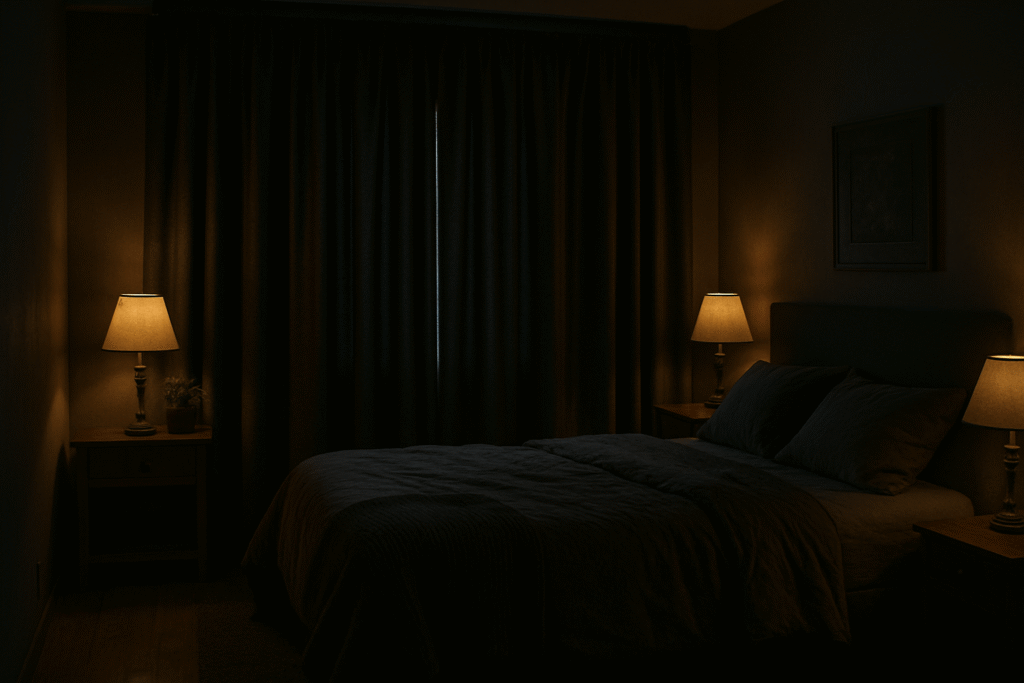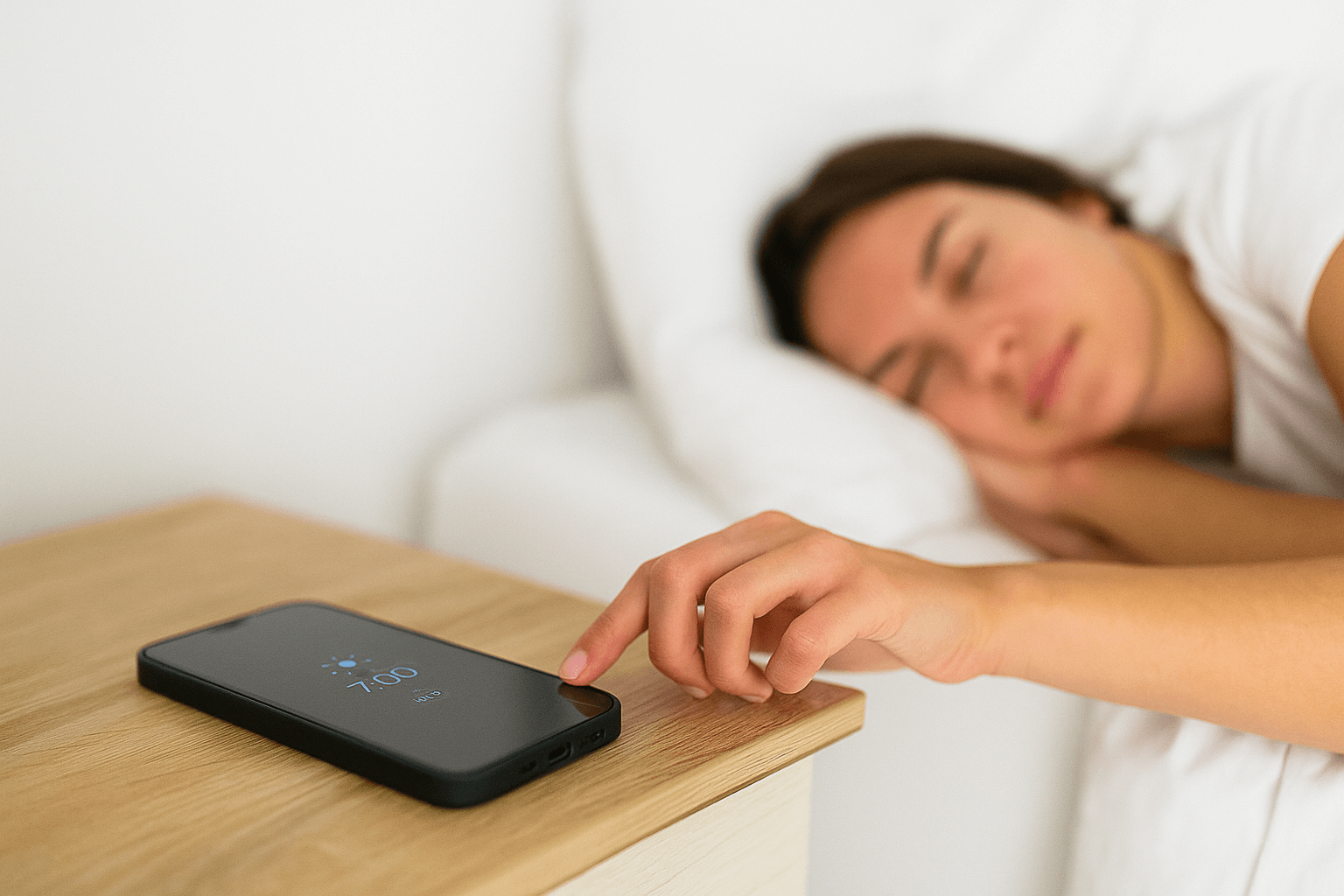What Is Sleep Hygiene? A Beginner’s Guide to Better Sleep Habits
Introduction
Getting enough sleep is essential for both physical and mental health, yet millions of people struggle with falling asleep, staying asleep, or waking up feeling refreshed. While many factors can affect sleep, one of the most overlooked is sleep hygiene—a set of habits and environmental conditions that support healthy, restful sleep.
In this article, we’ll explore what sleep hygiene is, why it matters, and 10 practical habits you can start implementing tonight.
What Is Sleep Hygiene?
Sleep hygiene refers to the behaviors, routines, and environmental factors that contribute to quality sleep. Just like brushing your teeth is part of dental hygiene, your nightly sleep habits are part of maintaining your overall well-being.
Good sleep hygiene doesn’t require expensive gadgets or medications. It’s about creating consistent, healthy routines and removing barriers that interfere with your body’s natural sleep cycle.
Why Sleep Hygiene Matters
Poor sleep hygiene can lead to:
Difficulty falling or staying asleep
Daytime fatigue and irritability
Impaired concentration and memory
Increased risk of chronic conditions (e.g. heart disease, diabetes)
On the other hand, improving your sleep habits can help:
Fall asleep faster
Enjoy deeper, more restorative sleep
Wake up feeling refreshed and energized
Stabilize your mood and immune function
Signs of Poor Sleep Hygiene
Wondering if your current habits are working against your sleep? Common signs of poor sleep hygiene include:
Using screens in bed (phone, tablet, laptop)
Drinking caffeine late in the day
Going to bed at inconsistent times
Sleeping in an overly bright, noisy, or warm environment
Napping too long during the day
10 Sleep Hygiene Habits That Actually Work
1. Stick to a Consistent Sleep Schedule
Go to bed and wake up at the same time every day—even on weekends. This trains your internal clock for more predictable, quality sleep.
2. Avoid Caffeine After 2 PM
Caffeine can stay in your system for up to 8 hours. Try switching to herbal tea or water in the late afternoon.
3. Limit Screen Time at Night
The blue light from phones, TVs, and computers can suppress melatonin. Turn off screens at least an hour before bed, or use blue light filters.
4. Create a Wind-Down Routine
Gentle activities like reading, stretching, or journaling help signal your brain that it’s time to relax.
5. Keep Your Bedroom Cool and Dark
Ideal sleep temperature is around 18°C–20°C (65°F–68°F). Use blackout curtains or an eye mask to block unwanted light.

6. Block Out Noise
Try earplugs or a white noise machine to reduce disruptive sounds, especially if you live in a noisy area.
7. Use Your Bed for Sleep Only
Avoid working or eating in bed. This helps your brain associate your bed with sleep, not activity.
8. Avoid Heavy Meals Before Bed
Eating close to bedtime can trigger digestion issues and keep you awake. Aim to finish eating 2–3 hours before sleep.
9. Exercise Regularly—but Not Too Late
Physical activity promotes deeper sleep, but intense workouts too close to bedtime can be stimulating.
10. Limit Alcohol and Nicotine
Though alcohol may make you drowsy, it disrupts deep sleep cycles. Nicotine is a stimulant and should also be avoided near bedtime.
Common Mistakes to Avoid
“Catching up on sleep” during weekends (it disrupts your body clock)
Binge-watching TV in bed
Relying on naps instead of nighttime sleep
Drinking wine to fall asleep (reduces sleep quality)
Final Thoughts
Improving your sleep doesn’t have to be complicated. Start with one or two habits from this list, and build from there. Over time, small changes to your environment and routine can make a big impact on how you fall asleep—and how you feel when you wake up.
Sticking to consistent routines may not only help you fall asleep faster but also enhance the restorative deep sleep essential for energy and brain function.
Sleep hygiene is not just for people with insomnia; it’s for anyone who wants to protect their mental clarity, immune strength, and long-term health.
